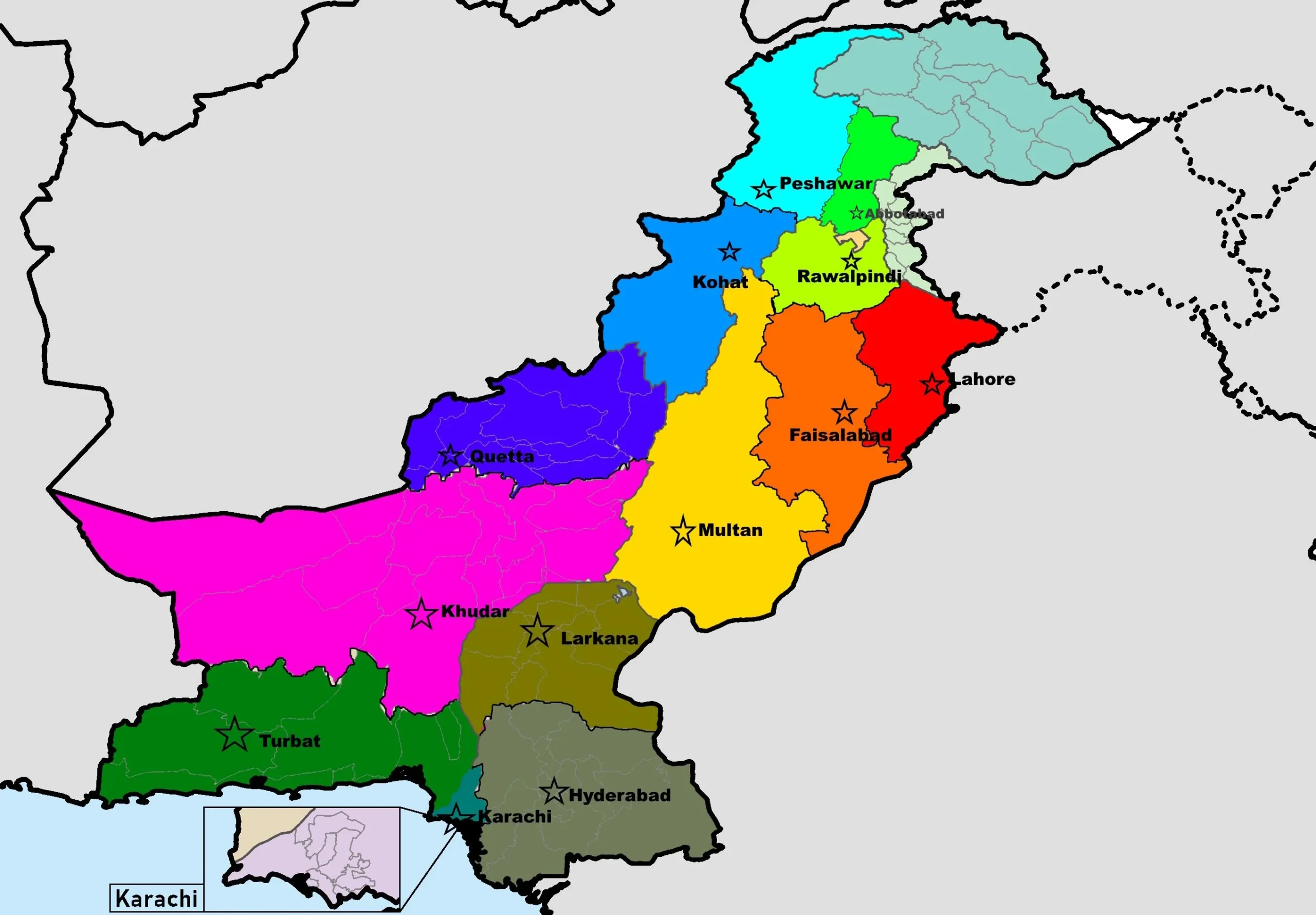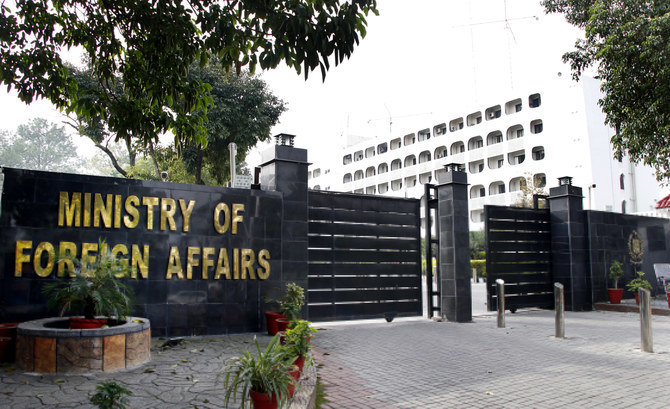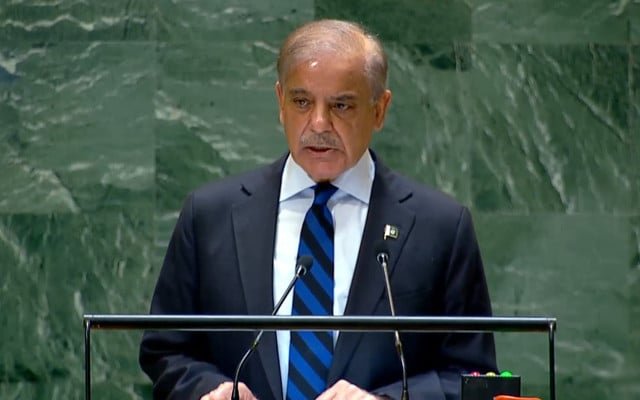Saudi Arabia has executed over 100 foreign nationals in 2024, marking a sharp rise in the use of the death penalty, according to an AFP tally. This figure is nearly three times higher than in 2023 and 2022, when 34 foreigners were executed in each of those years. The most recent execution took place on Saturday in the southwestern Najran region, where a Yemeni man was put to death after being convicted of drug trafficking.
The total number of foreign nationals executed this year now stands at 101, with nationalities ranging from Pakistanis and Yemenis to Syrians, Nigerians, and Egyptians. This marks the highest number of foreign executions ever recorded by the European-Saudi Organisation for Human Rights (ESOHR), which described the figures as unprecedented. Taha al-Hajji, the group’s legal director, called it the largest number of foreign executions in a single year, noting that Saudi Arabia has never before reached 100 executions of foreigners in this timeframe.
The uptick in executions comes as part of a broader trend in Saudi Arabia, which has faced ongoing criticism for its use of the death penalty. Human rights organizations have condemned the practice as excessive and a significant obstacle to the kingdom’s efforts to improve its international image, attract tourists, and encourage investment. Saudi Arabia executed the third-highest number of prisoners in the world in 2023, trailing only China and Iran, according to Amnesty International.
As of September 2024, Saudi Arabia had already surpassed its previous record of executions in a year, with 274 total executions reported by AFP. This number includes 92 executions related to drug offenses, the majority of which involved foreign nationals. In fact, a substantial portion of the executed individuals in 2024—69 out of 101—were convicted of drug-related crimes. Many of those executed have been involved in drug trafficking, a crime for which Saudi Arabia has been particularly harsh, especially after lifting a three-year moratorium on executing drug offenders in 2022.
Among the foreign nationals executed this year, Pakistanis have been the most affected, with 21 executions reported. Other countries with significant numbers of executed nationals include Yemen (20), Syria (14), Nigeria (10), Egypt (9), and Jordan (8). There were also smaller numbers of executions from Sudan, India, Afghanistan, Sri Lanka, Eritrea, and the Philippines. Critics argue that foreign defendants often face greater challenges in securing fair trials compared to Saudi nationals, including limited access to court documents and legal representation. Many activists and diplomats contend that foreign nationals are the most vulnerable group in the Saudi judicial system.
Taha al-Hajji of ESOHR pointed out that many foreign nationals sentenced to death are often “victims of major drug dealers,” yet they face a series of violations from arrest to execution. Human rights groups have raised concerns that these individuals often do not receive a fair trial or adequate defense, which significantly increases the risk of miscarriages of justice.
Saudi Arabia is known for carrying out executions by beheading, although official statements rarely specify the method of execution. The kingdom’s use of the death penalty continues to draw significant international criticism, with many calling for reforms in its judicial practices and a halt to the execution of individuals involved in non-violent offenses, such as drug-related crimes.
The surge in executions comes at a time when Saudi Arabia is seeking to position itself as a global leader in tourism and business under its Vision 2030 initiative. However, the kingdom’s human rights record, particularly concerning its use of the death penalty, remains a major point of contention on the world stage. Activists continue to urge the international community to apply pressure on Saudi authorities to curb the use of capital punishment and ensure fair trials for all defendants, regardless of nationality.















